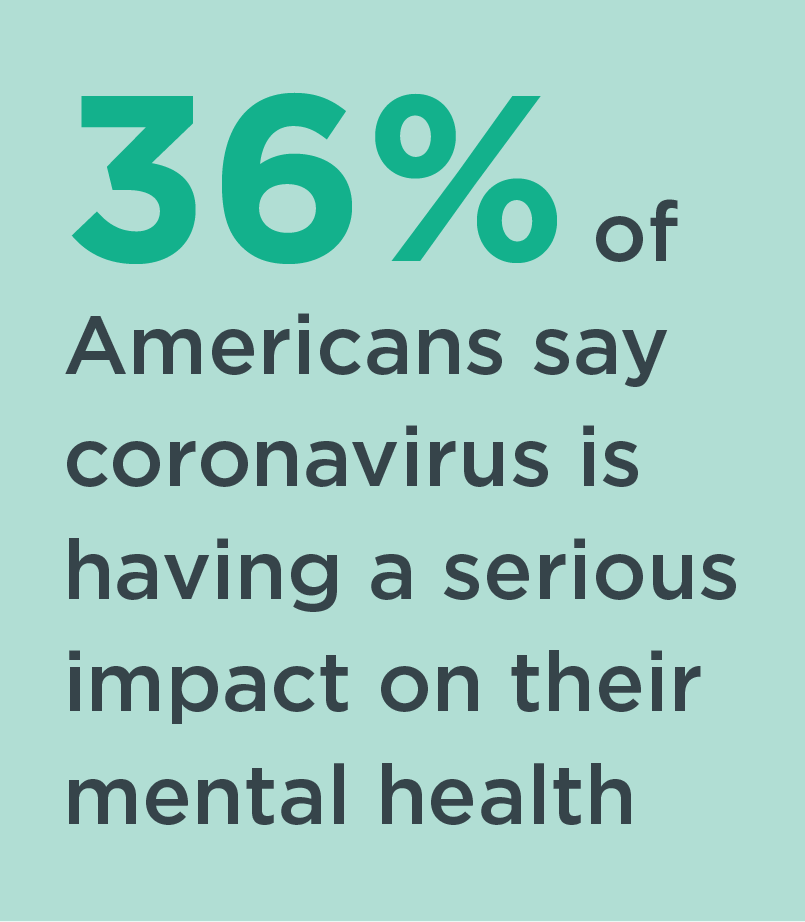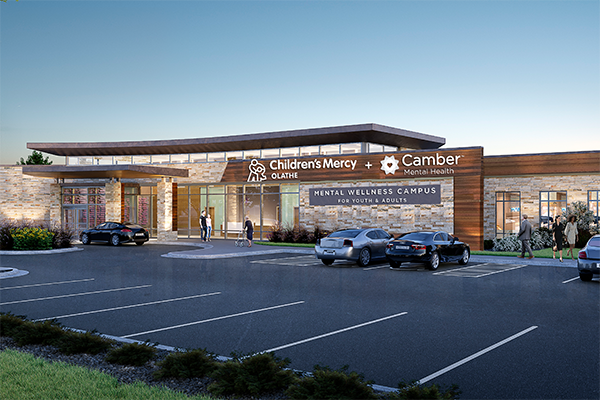Children’s Mental Health Warning Signs to Watch During the Coronavirus Outbreak

 As we spend more time at home and continue social distancing to protect our physical health, feelings of loneliness, sadness, frustration and boredom can strain our mental wellbeing. According to a poll from the American Psychiatric Association, more than one-third of Americans say the coronavirus pandemic has seriously impacted their mental health. With COVID-19 disrupting normal routines and plans, it’s normal for adults and children to experience distress, and it can be difficult to know when to seek professional help. In this blog, we provide information about common mental health warning signs to watch for and where to go for help.
As we spend more time at home and continue social distancing to protect our physical health, feelings of loneliness, sadness, frustration and boredom can strain our mental wellbeing. According to a poll from the American Psychiatric Association, more than one-third of Americans say the coronavirus pandemic has seriously impacted their mental health. With COVID-19 disrupting normal routines and plans, it’s normal for adults and children to experience distress, and it can be difficult to know when to seek professional help. In this blog, we provide information about common mental health warning signs to watch for and where to go for help.
If you know a child struggling with their mental health, we’re here to help. Call us at (913) 890-7468 or fill out this form.
Developing Youth Resilience in a Time of National Crisis
While some youth are better able to cope with the current uncertainty, anxiety and stress may linger for others and adversely affect their future mental growth and wellbeing. Since the brain continues to develop throughout childhood and adolescence, building resilience is more important now than ever. Along with the ability to regulate our emotions, stay calm, and think critically, resilience is the ability to work through and overcome life’s challenges.
Children and teens may have trouble expressing how they’re feeling so it’s important for caregivers to watch for these changes in their child’s behavior or physical wellbeing.
Common Mental Health Warning Signs:
- Increased anxiousness, sadness, anger or aggression
- Extreme mood changes
- Feeling hopeless
- Excessive crying or irritation
- Fatigue or reduced energy
- Unexplained headaches or body pain
- Changes in sleeping and/or eating habits (including sleeping or eating too little or too much)
- Difficulties paying attention and concentrating (including forgetfulness and distraction)
- Withdrawing from family and/or friends
- Avoiding activities enjoyed in the past
- Irritability and “acting out” behaviors in teens
- Returning to outgrown behaviors (for example, thumb-sucking or bedwetting)
- Dangerous behaviors or actions that could lead to self-harm or harming others
- Use of alcohol, tobacco, or other drugs
- Poor school performance or avoiding online schoolwork
How to Get Help
 Seeing mental health warning signs in your child can be concerning. It’s important to remember that you can support them by having an open, honest conversation about their feelings and calmly answering their questions.
Seeing mental health warning signs in your child can be concerning. It’s important to remember that you can support them by having an open, honest conversation about their feelings and calmly answering their questions.
If you live in Kansas or Missouri and your child is experiencing a mental health emergency, call Camber (previously KVC Hospitals) at (913) 890-7468. Our team will answer your questions and help you find treatment. You can also contact your primary care provider, local community mental health center, or call the Suicide and Crisis Lifeline at 988.
About Camber (Previously KVC Hospitals)
For 30 years, Camber has helped thousands of kids and teens achieve mental health wellness through expert and compassionate treatment. Camber uses a patient-centered approach that works to heal the whole family unit when a child is struggling with depression, anxiety, suicidal thoughts, self-harming, the impacts of trauma, and other mental health needs. To learn more about our services including our internationally renowned expertise in trauma-informed care, visit cambermentalhealth.org or call us 24/7 at 913-890-7468.





